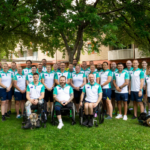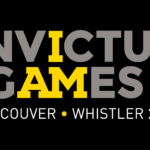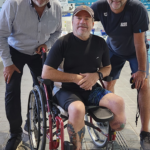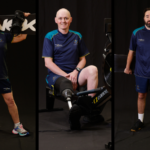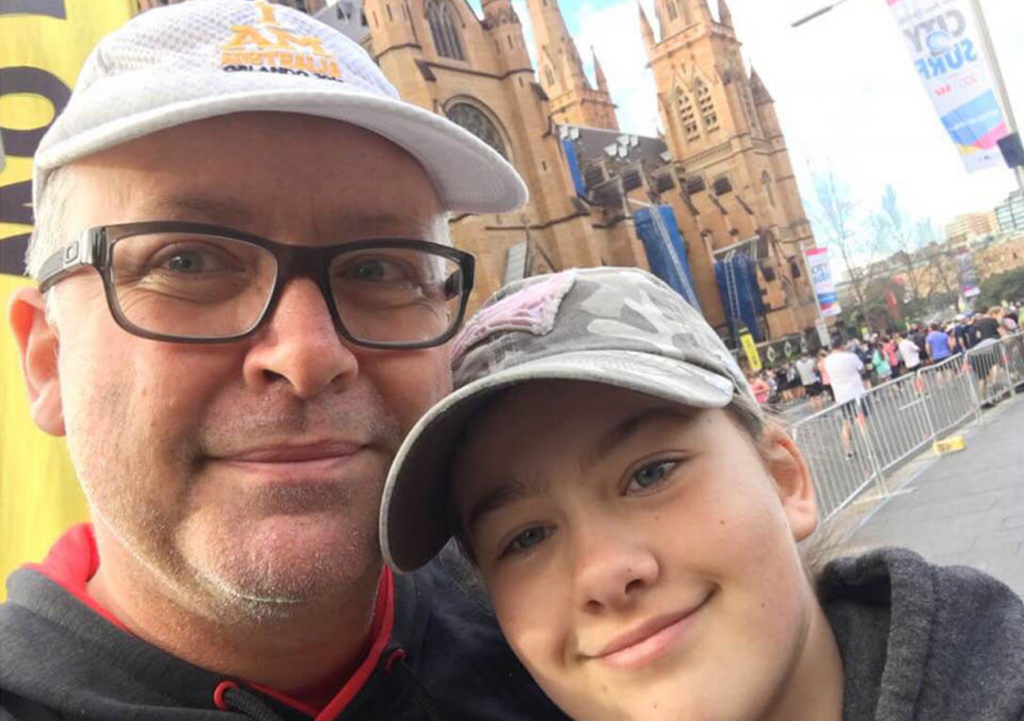
A father-daughter bond through running
Brad Copelin served in the Australian Army for 24 years before his medical discharge in 2011.
Since leaving the army, Brad has been open about his struggles with PTSD and hyper-vigilance which can make every day errands challenging and draining.
Whether it’s bright lights and mirrors in a shop, or noisy crowds, Brad finds it hard to switch off from constantly scanning for threats.
However, by staying active and through the support of his family Brad has been able to manage his PTSD.
Building family bonds
Brad runs. His two daughters, Livia and Nardia, run with him. They run to stay healthy and to challenge themselves. Most importantly, they run to spend time together.
“We’ve built quite a good father-daughter bond through running,” says Brad. “Over the years they have joined me in the gym, which is now just a normal part of life.”
He describes his girls as his “rocks” and says that they “know more about veteran mental health than anyone their age should”.
A knee operation in 2011 stopped Brad from running. But he came back to compete at the Invictus Games London 2014 and started running properly again after the Games.
“I missed running, even though I never saw myself as a runner,” says Brad.
He describes the positive effect running has on his mental health. “The more I ran, the better I felt. My wellbeing went through the roof.”
Nardia and Livia noticed this improvement too and soon joined their dad in running and participating in events such as the Blackmores Sydney Running Festival, Sutherland 2 Surf, City 2 Surf, Spartan Run and the Sydney Harbour 10km.
Family support
Having the girls by his side has helped. Nardia’s able to identify when Brad is having problems, such as when the crowds at an event become too much.
By running together, and running to the side of the road, Nardia’s able to help Brad get through difficult moments.
Despite the care and attention that the girls provide to their dad, it doesn’t stop them racing past him when the finish line is in sight. Brad says he’s always encouraged the girls to try things and get involved. They’re now taking part in karate, hockey, tennis and boxing (to name just a few!), and they’re setting themselves running goals.
Staying physically active and having the support of others are two of the best ways to tackle mental injuries. Brad’s story is testament to that, and the importance of his family can’t be understated.
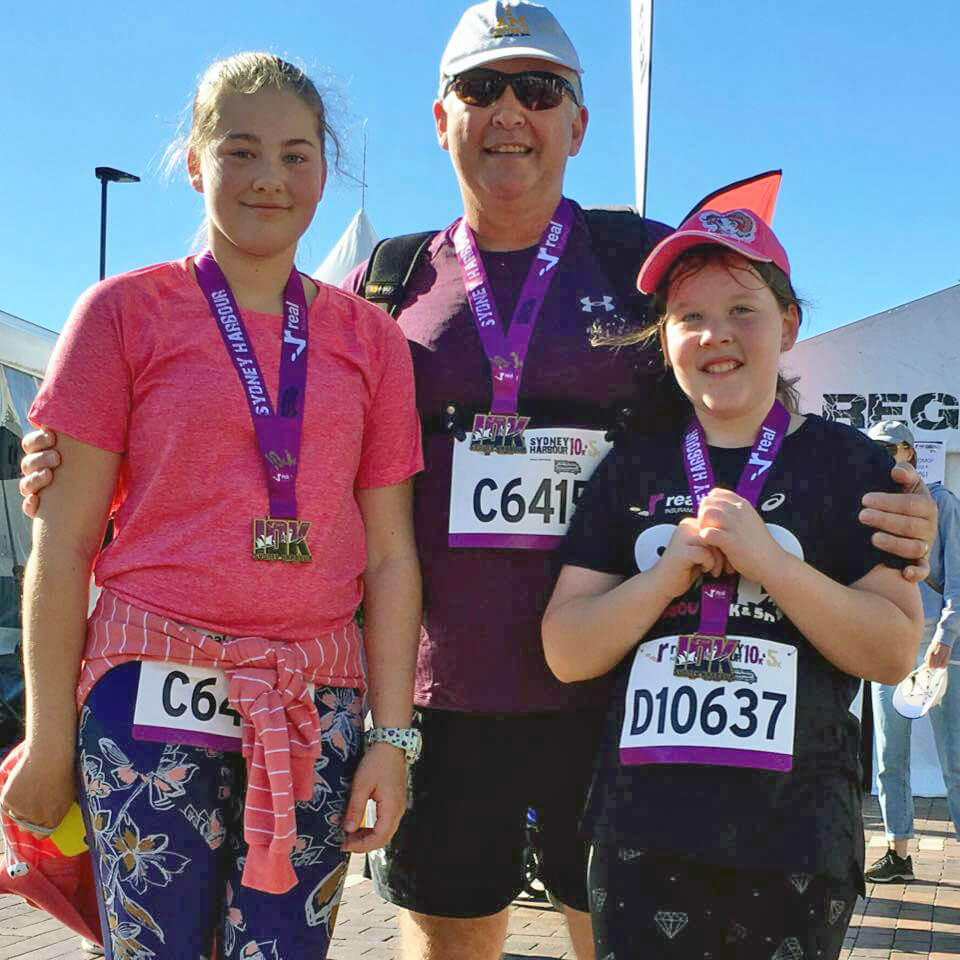
Get active, get healthy
Brad continues to share his story in his role as ambassador for RSL DefenceCare and the Poppy Appeal. He hopes that he can help other veterans reach out and get the help they need, especially where their families are affected.
“Don’t suffer alone,” says Brad. “Put up your hand. The longer you suffer, the longer the family’s affected.”
VSA helps to connect veterans and their families to sport and recreational opportunities, promoting physical activity and social connection. This could be as simple as joining your local parkrun. If you’d like to find out more about getting active in your area, contact Veteran Sport Australia today.
If you need help over the Christmas and New Year period (or any other time of year), you can contact Open Arms on 1800 011 046, 24 hours a day.
Follow us on social media:Facebook | Instagram | LinkedIn
Sign up to the email newsletter.
